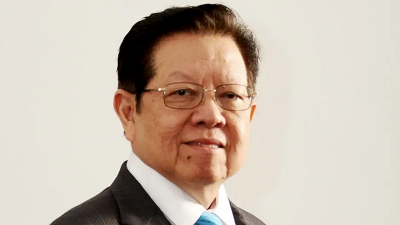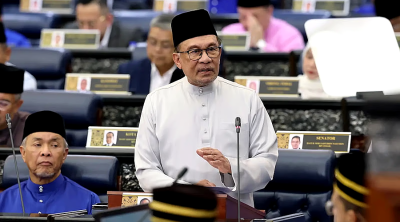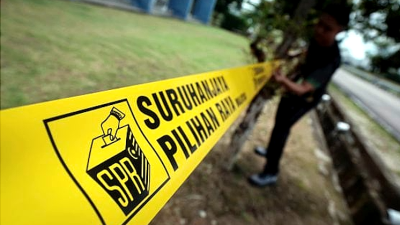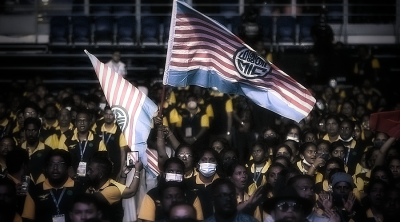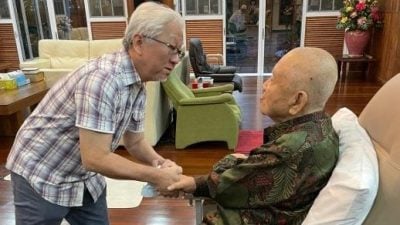No matter how tortuous and intimidating the road ahead could be, there must be no let-up in our effort to press ahead with the reform. Remember those thundering “Reformasi” chants…?
After so many years the shouts of “Reformasi” had been echoed in the streets of Malaysia, Anwar Ibrahim finally made it to Putrajaya last November to shed his “forever PM-in-waiting” title.
Hoisting the banner of reformation and making his hard way towards the zenith of Malaysian politics, the rakyat have huge expectations from him to start the reform machine rolling — now that he has all the powers in his hand — in hope of breathing a new lease of life to the stagnating Malaysian institution.
More than five months after the unity government has taken charge, how far has Anwar progressed on the road of reform? Perhaps we can get an idea from what the people in the street are saying.
Bersih has been disappointed that the unity government has failed to implement some of its reform agenda, including fair allocations to all elected representatives, while Suara Rakyat Malaysia (Suaram) executive director Sevan Doraisamy even says Anwar could be the worst prime minister if he failed to deliver on PH’s reform pledges.
Anwar responds by saying the reform agenda should not be rushed, citing the backlash over the previous PH government’s attitude on ICERD.
To be very fair, it is an overstatement to claim that Anwar’s unity government is no different from the previous governments in not introducing any change at all. But we cannot deny that indeed the unity government has made very sluggish progress in implementing reforms such that Malaysians cannot see the obvious change.
As a matter of fact, it is inappropriate for Anwar to cite the example of ICERD for the simple reason that it entails the issue of ethnic sensitivity. This aside, there is actually a lot more where the unity government can speed up its pace in introducing reforms so that the rakyat can see the change.
For example, the government can expedite the revision of outdated and draconian laws to safeguard Malaysians’ rights and freedom.
If ICERD is too tough to tackle, then review or abolish the Sedition Act, Official Secrets Act, Communications and Multimedia Act , Printing Presses and Publications Act, Higher Education Act, SOSMA… Unfortunately, the government appears to be clueless what to do with these laws.
Indeed, some of the reforms need to wait and must not be rushed through, but there are some that can actually be carried out straightaway and should not be delayed any further.
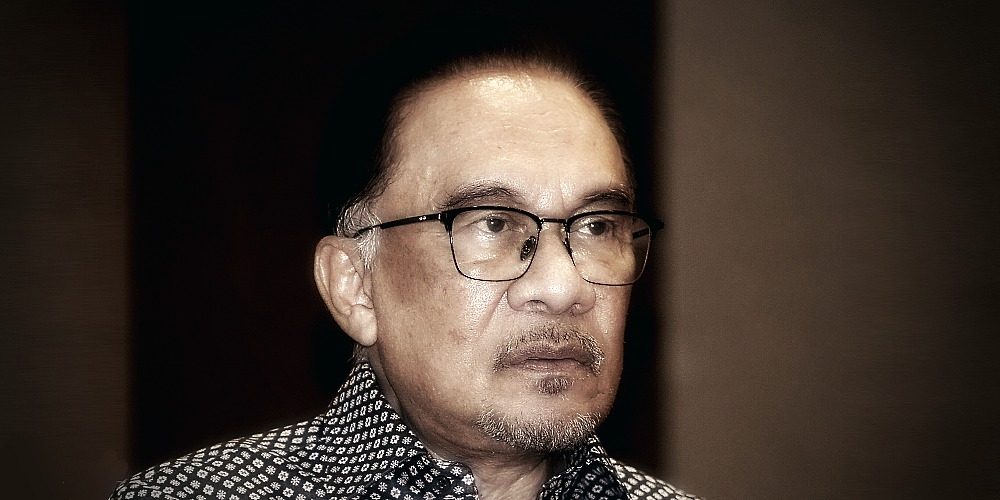
The unity government has been treading very slowly and clumsily on the path of reform, and this could be attributed to the “nature” of the government itself.
We all know that the unity government was put together after the 15th general election by PH. BN, GPS, GRS, Warisan, etc., all having their own dissimilar, and at times conflicting, goals and philosophies. As a result, striking a consensus among the component parties on certain issues could be a tall order.
Take the allocation for independent Chinese high schools for instance, although the government’s announcement of RM15.75 million allocation for independent Chinese high schools has won the big thumbs-up from the local Chinese community, a disgruntled Umno Youth chief Muhamad Akmal Saleh urges the government to explain why independent Chinese high schools have received twice as much allocation from the government as religious schools.
Additionally, there are divergent views within the ruling coalition over former PM Najib Razak’s application for a royal pardon. Umno has made it very clear since the very beginning that it supports the pardon, but not many in PH agree with it.
Amanah communications director Khalid Samad has urged the King to reject Najib’s application for pardon, and has incurred the wrath of Umno in so doing.
Because of the the incoordination, it is not easy for the unity government to push its reform agenda, compared to during the BN’s rule.
It is imperative for the unity government to further reinforce internal solidarity and close the gap among member parties during the upcoming unity government national convention on May 14, in order to bring about effective reformation.
Whatever reason the unity government has failed to forcefully introduce the reforms, the result is that Malaysians have hardly seen any obvious changes from the government, and this is not going to augur well for the government, in particular the PH, on the grounds that PH is the most adamant in implementing reforms among the unity government parties.
The voters strongly supported the PH in the election, allowing it to win 82 parliamentary seats, because they wanted to see a different Malaysia, and Anwar and PH must not let these people down.
No matter how tortuous and intimidating the road ahead could be, there must be no let-up in our effort to press ahead with the reform. Remember those thundering “Reformasi” chants…?
ADVERTISEMENT
ADVERTISEMENT







